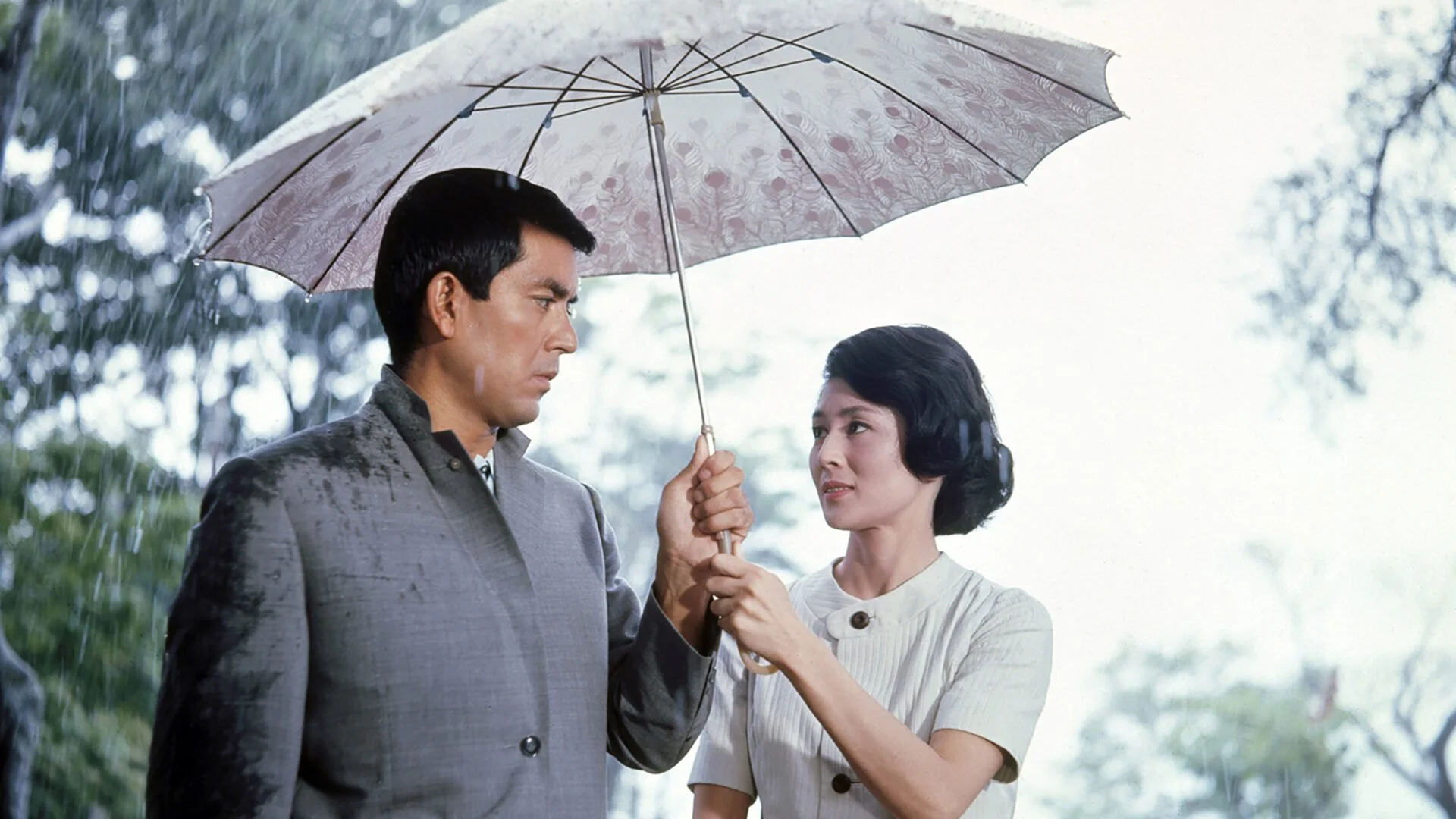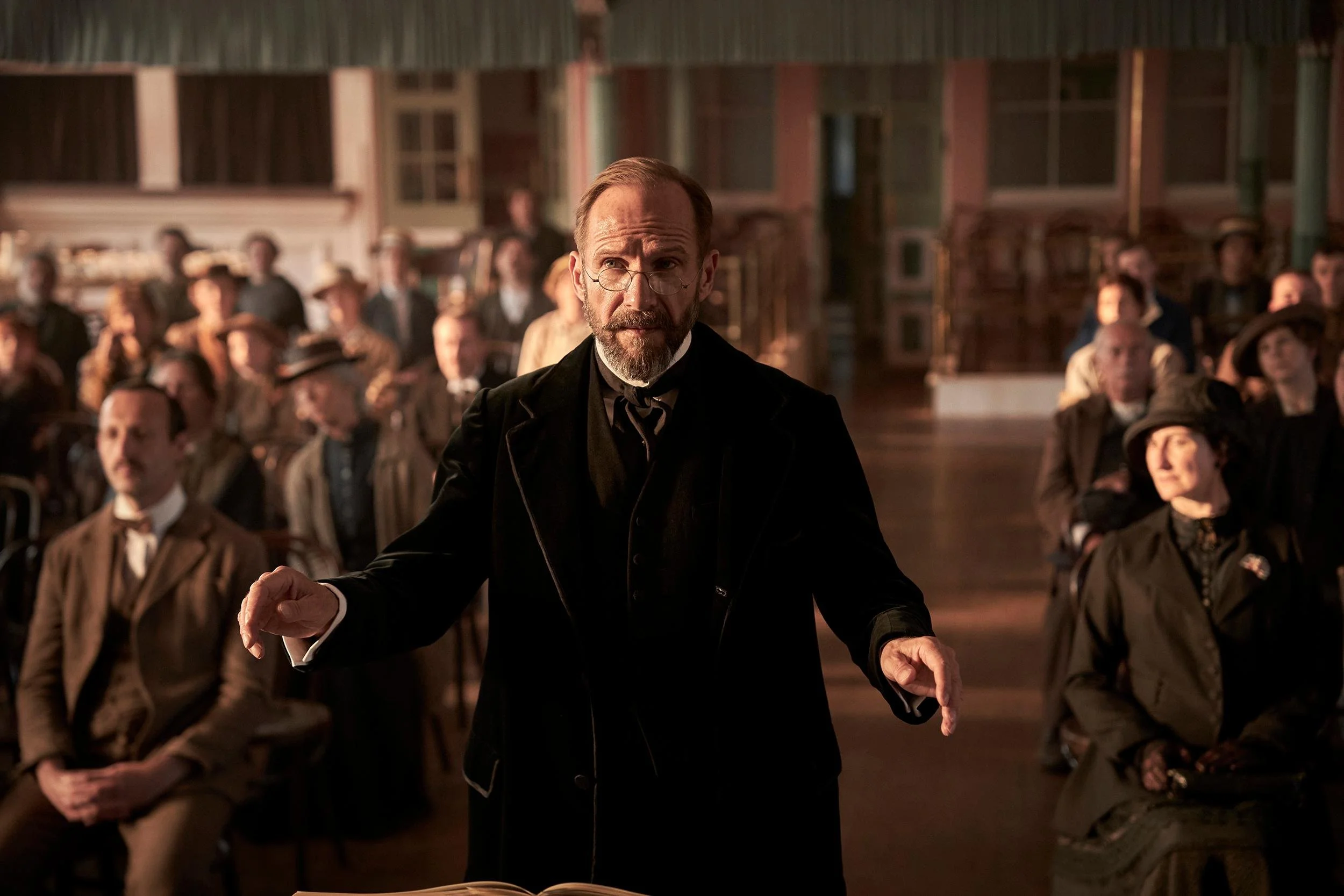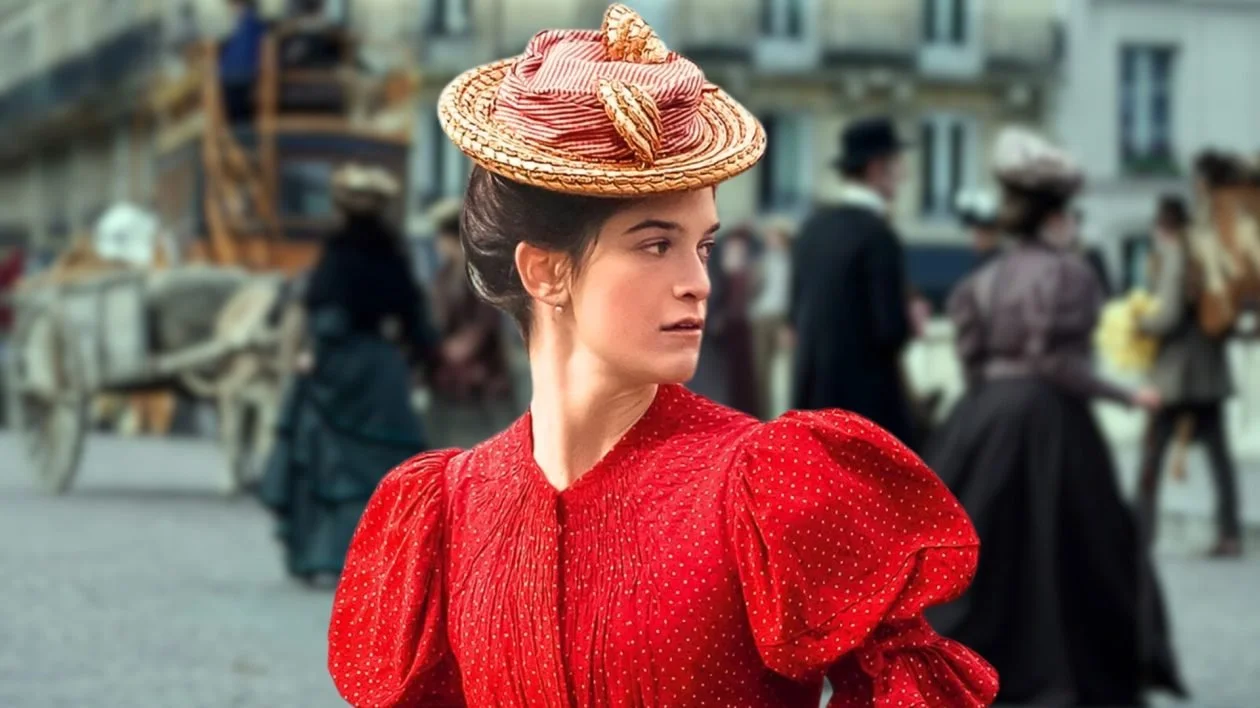Film review: Maestro builds a beautifully stylized yet intimate portrait of a complex genius
Lush music and cinematic flourishes capture Leonard Bernstein’s aesthetic energy, while drawing us into his complicated marriage
Director-actor Bradley Cooper builds to a big conducting crescendo in Maestro.
Maestro screens December 1 to 19 at VIFF Centre
YOU MIGHT EXPECT A movie titled Maestro to be packed with grand moments of wild baton waving, but to director-actor Bradley Cooper’s immense credit, his new biopic about Leonard Bernstein defies those expectations. In fact, it refrains from any extended scenes of conducting till late in the film—in an epic scene of a man at the height of his craft.
Maestro ends up being anything but a straight-up highlights reel of the American legend’s life and achievements (which included leading the New York Philharmonic and composing the unforgettable music for West Side Story and On the Waterfront).
On one hand the movie is an intimate, psychological portrait of a man full of contradictions—and, just as importantly, the wife who gave up her life to support him.
On the other, it is a highly stylized film that captures the aesthetic energy of Bernstein’s artistry—a work about art that is a work of art. A soundtrack full of Bernstein’s lush and rapturous compositions adds to that heightened feel.
Moments from the composer-maestro’s early breakout career in the 1940s are shot in luminous black-and-white, and the dashing young conductor and his actor-wife Felicia Montealegre speak like they’re in a Howard Hawks film. “Why, this is just lovely,” Cooper’s Bernstein says with a childlike grin, a cigarette perma-sutured to his bottom lip, while Carey Mulligan’s polished Felicia talks with the charmingly affected elocution of Grace Kelly.
Carey Mulligan and Bradley Cooper in Maestro.
Cooper takes even bigger risks in other scenes that melt from reality into stage fantasies. At one point, “Lenny” and Felicia magically become part of Bernstein’s sailor-boy ballet Fancy Free. It feels right in a film about two show people who inhabit a world that’s larger than life—with a neverending roster of cocktail parties and TV interviews in their living room.
At first, Cooper’s stylized approach, while fascinating, is distancing. But then you find yourself hopelessly wrapped up in these extraordinary people’s lives. Cooper simply is Bernstein—to the point you forget about that controversial prosthetic nose (not to mention A Star Is Born) after roughly 30 seconds. Aside from nailing the artist’s restless, brilliant energy, he wordlessly expresses Bernstein’s endless contradictions. There’s his despair versus his childlike giddiness; his need for public adoration versus his more tormented private self; and, of course, his genuine love for his wife despite his sexual attraction to young men. One of the film’s best scenes is between him and his daughter (a beautifully grounded Maya Hawke): at his wife’s behest, he’s telling her that the rumours she’s heard about him being gay are false—even as his eyes reveal how much he aches to tell her the truth.
Similarly, Mulligan, in a career-best performance, has perfected the ability to flash a perfect-’50s-hostess smile but betray depths of sadness in her eyes. Watch her expression when Lenny, all nervous energy, can’t stop himself from introducing her to his boyfriends. She knows who he is, but admonishes him for not being more “discreet” in the homophobic 1950s and 1960s. Still, in Mulligan’s hands, we see the whip-smart Felicia’s part in this complicated contract with her famous husband.
As for Cooper the maestro, it’s worth the wait to see his full-body conducting in a climactic, exultant performance of Mahler’s Second Symphony—sweat-soaked and possessed by its choral power and thunderous rhythms. Cooper went through years of training to be able to pull the sequence off—but it doesn’t feel showy here; more like exposing a deeper fevered layer of a complicated genius.
In the end, Maestro is much less about the achievements of its protagonist, or the rigours of conducting and composing, than it is about expanding definitions of family, and understanding that love is love. How much can we really give up of ourselves to someone else? And how much of ourselves should we give to our art? Off the top of the film, a quote tells us that “a work of art does not answer questions; it provokes them”, and to its ultimate credit, Maestro doesn’t try to fully explain Lenny and Felicia, just as it doesn’t take pains to explicate Bernstein’s contributions to 20th-century music. It’s enough to just inhabit their heightened world.














